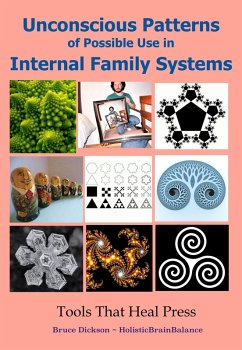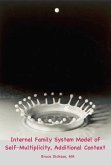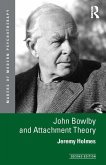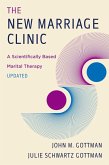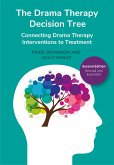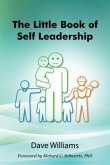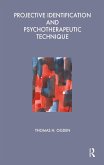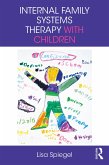Our psyche is not an unknowable "black box." Our waking psyche is highly patterned with many big Landmarks. Like Theseus in the Labyrinth, we can navigate both by landmarks; and, by finding and following threads of workable therapeutic direction. We can also chunk down invisible disturbances and internal parts into smaller, bite-sized pieces. This facilitates dialog for unburdening, apologizing and forgiving.
Since 2009 or 2015, Internal Family Systems, is probably the most workable, timely method for navigating categories of parts-voices inside, clearing up concerns. Towards what? So our Self-leadership can be awake and aware more of the time.
Our psyche is highly patterned; and, we can understand these patterns. So we simply play the Blind Detective Game. If you are physically blind, and have a murder to solve, you ask many questions to determine the reality of things you are unable to perceive directly. Between 1975-2009, In this way, a great many Unconscious Patterns were uncovered and documented.
An encyclopedia of Unconscious Patterns isn't so useful. What is useful is describing Patterns, Landmarks and Best Practices for navigating blind in the psyche, for purposes of self-healing and/or client support.
Recapped here is the major pattern of how our adult waking psyche is most characterized by habits, habits learned thru repetition, which become learned behavior, conditioned to repeat. Bruce Lipton estimates up to 95% of our psyche is such patterns.
The remaining 5%? This is our waking chooser Self. It remains unconditioned and "free." Our Self is not a part; parts-voices are not the Self (Dick Schwartz). Self is our capacity for active, deliberate, conscious choice. Among other things, soul is choice, the main superpower of wakeful awareness.
The more aware of our unconscious patterns, the more we can unblend and separate from our our reactive internal parts. In this way, we are less run by our internal voices-parts. Our parts can learn to trust Self, allow it to run the show, more of each waking day.
Q: Is this about Jung's symbols and his collective unconscious?
A: No. The Conclusion addresses where Jung's contribution supports IFS, where it does not. This is evidence-based Unconscious Patterns. These patterns fall primarily within First Order Science of Goethean Holistic Science: what is subjectively real for each individual. As long as we stay within the domain of one person at a time, this is workable science.
Q: Is this about Gestalt psychology pattern recognition?
A: Not at all. Perls' Empty Chair method and innovations by other's are briefly honored here. However in 70 years of "working with parts," IFS seems to be be the most simple, accessible, comprehensive method of working with parts. This has to do with incorporating an ecumenical, aware Self in partnership with internal multiplicity, multiple parts who are not the Self, who each express unique intelligence.
Q: What if I get stuck?
A: How we get stuck as client or therapist is also highly patterned. The main need is to compose and ask more good questions. You do not have to know--you only have to ask. Keep asking questions until a thread of clear, workable Therapeutic Direction emerges. Science is the art and practice of asking good questions.
Dieser Download kann aus rechtlichen Gründen nur mit Rechnungsadresse in A, B, CY, CZ, D, DK, EW, E, FIN, F, GR, H, IRL, I, LT, L, LR, M, NL, PL, P, R, S, SLO, SK ausgeliefert werden.
Hinweis: Dieser Artikel kann nur an eine deutsche Lieferadresse ausgeliefert werden.

